National ‘Butterfly Emergency’ declared
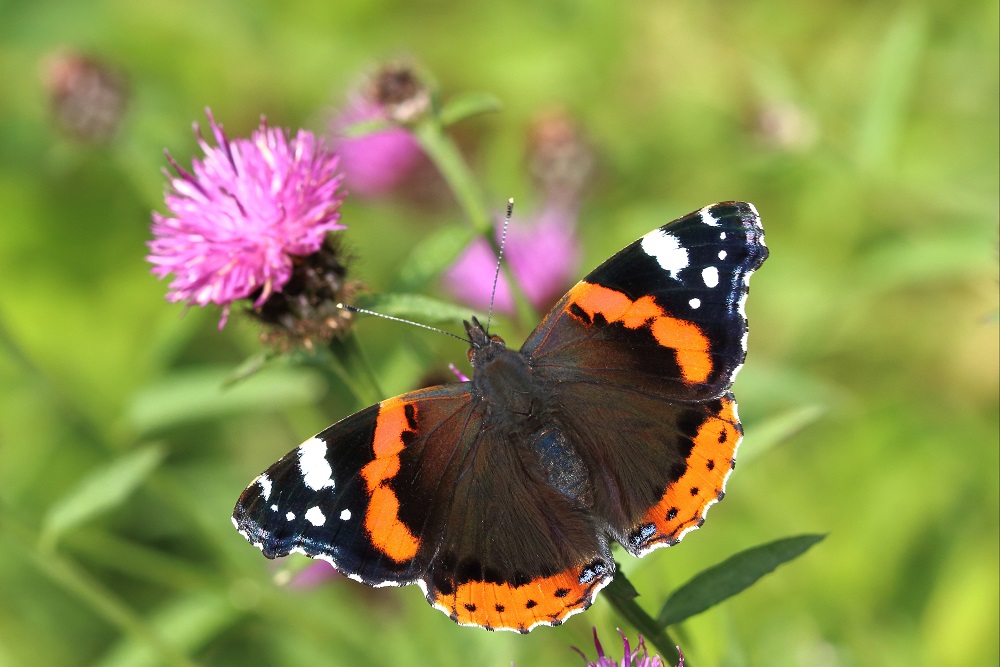
Wildlife charity Butterfly Conservation has today declared a national ‘Butterfly Emergency’, with results of this summer’s Big Butterfly Count showing a marked and hugely concerning decline in numbers.
Overall, participants across Wales spotted just seven butterflies on average per 15-minute Count, a reduction of almost 50% on last year’s average of 12, and the lowest in the 14-year history of the Big Butterfly Count.
In total, 85% of species counted in Wales showed a decline in numbers compared with 2023, Red Admiral showed the greatest country level decline, down 86% on last year.
Widespread declines
In 2023, Comma and Holly Blue had their best results in Wales since the Big Butterfly Count began, however this year they have had their worst, declining by 71% and 85% respectively.
Common Blue, Painted Lady and Small Tortoiseshell also had their worst year in the Count since it began. Peacock also declined, having had its best summer since 2019 last year.
Small Copper and Small White had their second worst years in the Count’s history in Wales this year.
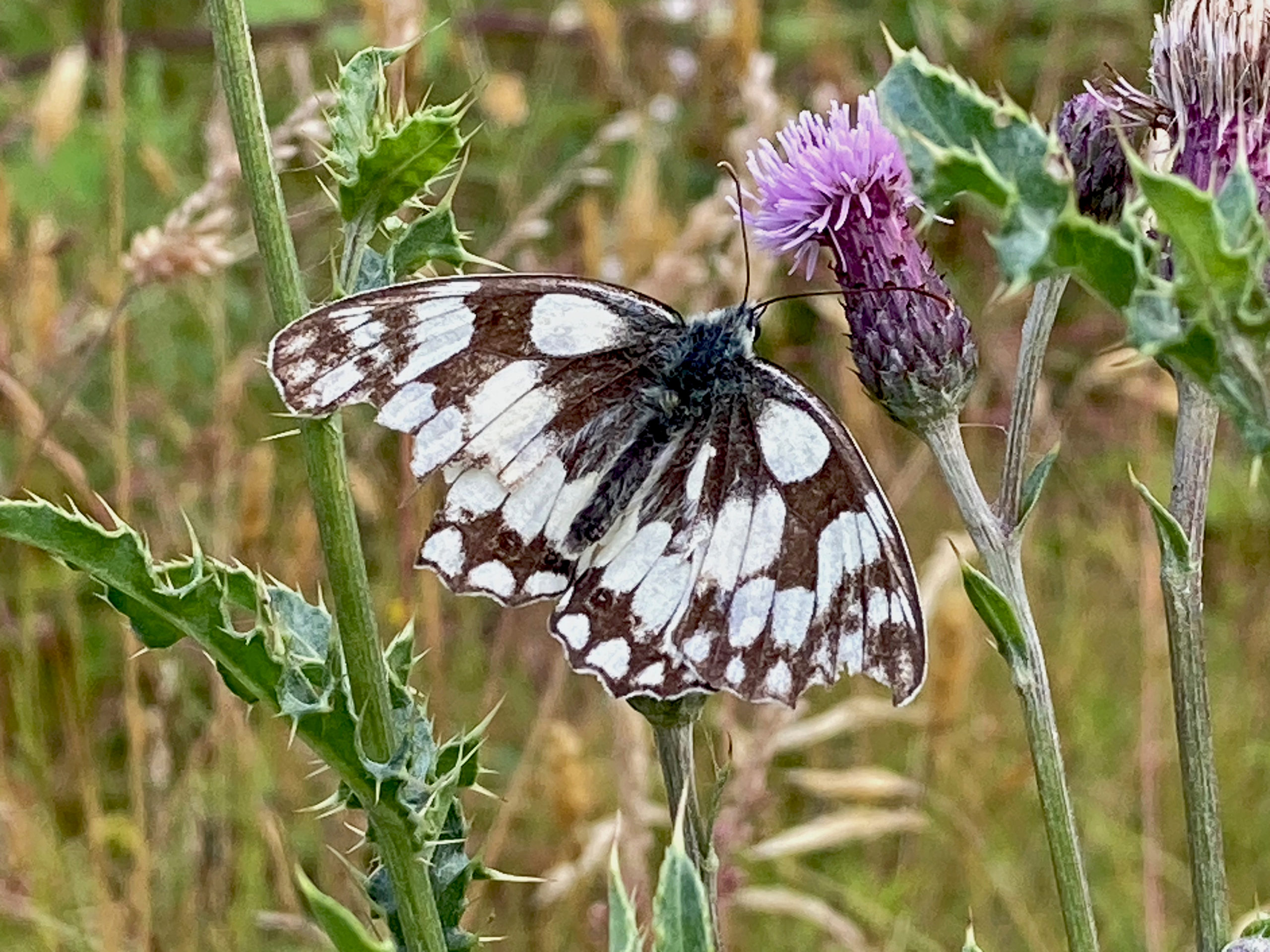
Photo: Tom Maloney
In total, just over 935,000 butterflies and day-flying moths were recorded across the UK from 12 July – 4 August, down almost 600,000, equivalent to more than a third of 2023’s total, and 9,000 Counts were logged as seeing zero butterflies, the highest in the citizen science programme’s history. There were 40,535 butterflies spotted in Wales, down more than 22,000 or 36% on 2023.
These figures have alarmed scientists and resulted in the charity declaring a nationwide ‘Butterfly Emergency’.
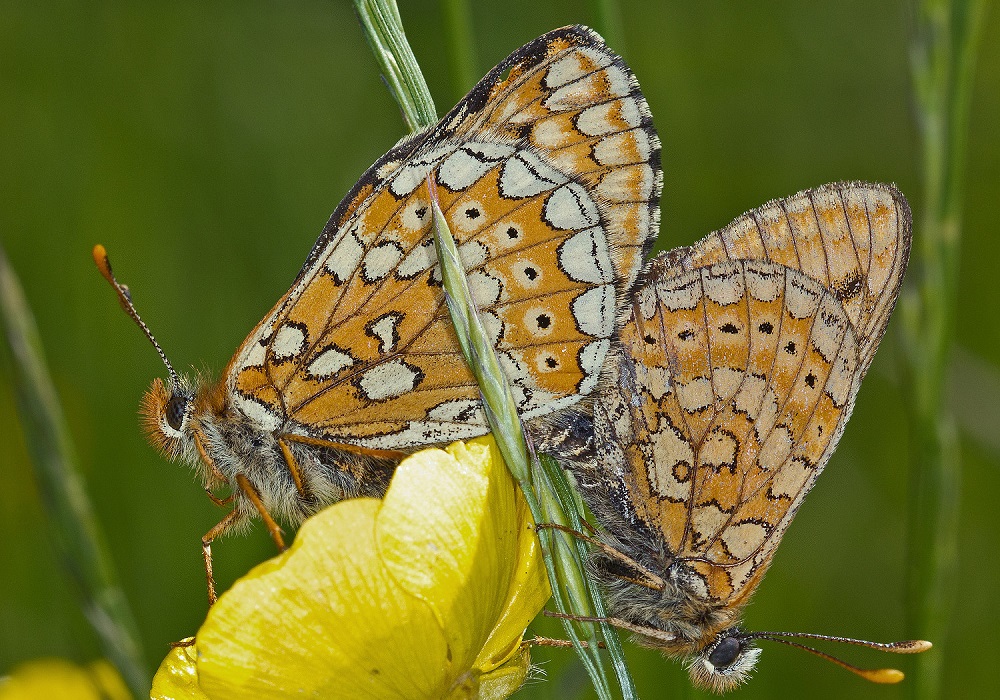
Dr Richard Fox, Head of Science at Butterfly Conservation, said: “The previous lowest average number of butterflies per Count across the UK was nine in 2022, this latest figure is 22% lower than that, which is very disturbing. Not just that, but a third of the species recorded in the Big Butterfly Count have had their worst year on record, and no species had their best. The results are in line with wider evidence that the summer of 2024 has been very poor for butterflies.
“Butterflies are a key indicator species; when they are in trouble we know that the wider environment is in trouble too. Nature is sounding the alarm call. We must act now if we are to turn the tide on these rapid declines and protect species for future generations.
Butterfly Conservation is writing an open letter to Steve Reed, Secretary of State for Environment, Food and Rural Affairs, calling for the Government to act now for nature by declaring a ‘Nature Emergency’ and banning butterfly-killing neonicotinoid pesticides once and for all, with no exceptions, before it’s too late.
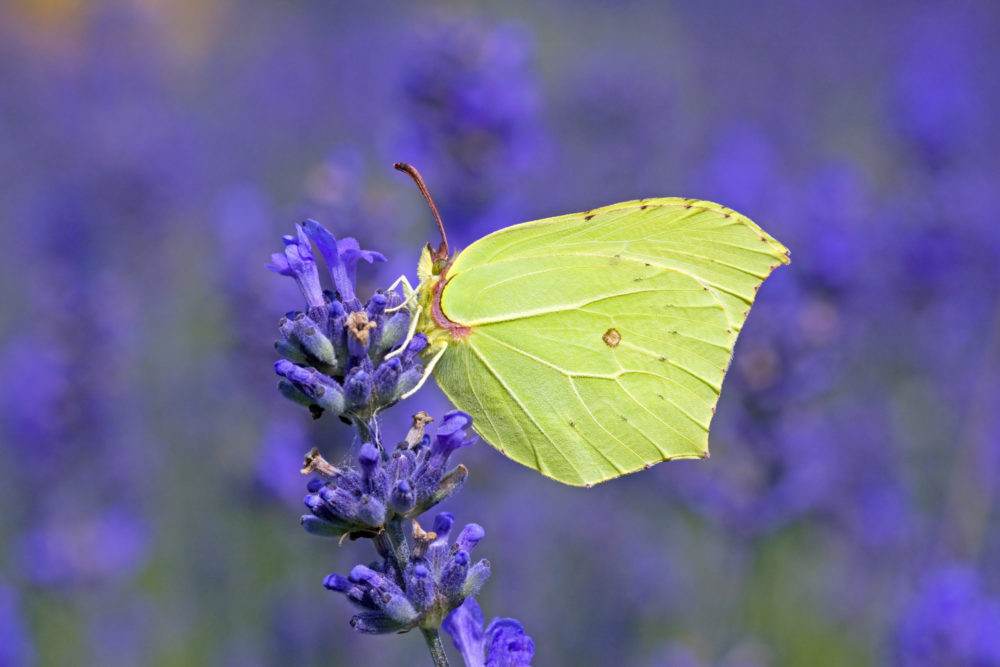
Dr Fox explains: “When used on farmland, these chemicals make their way into the wild plants growing at field edges, resulting in adult butterflies and moths drinking contaminated nectar and caterpillars feeding on contaminated plants. Many European countries have already banned these chemicals, it’s time for the UK to follow suit and put the natural world first. If we don’t act now to address the long-term drivers of butterfly decline, we will face extinction events never before seen in our lifetime.”
More than 85,000 citizen scientists took part in Butterfly Conservation’s Big Butterfly Count this year, submitting 143,241 Counts. This is equivalent to 35,810 hours, or four years worth of time spent counting, in gardens, parks, school grounds and the countryside. In Wales, a total of 6,417 Counts were submitted by 4,586 people.
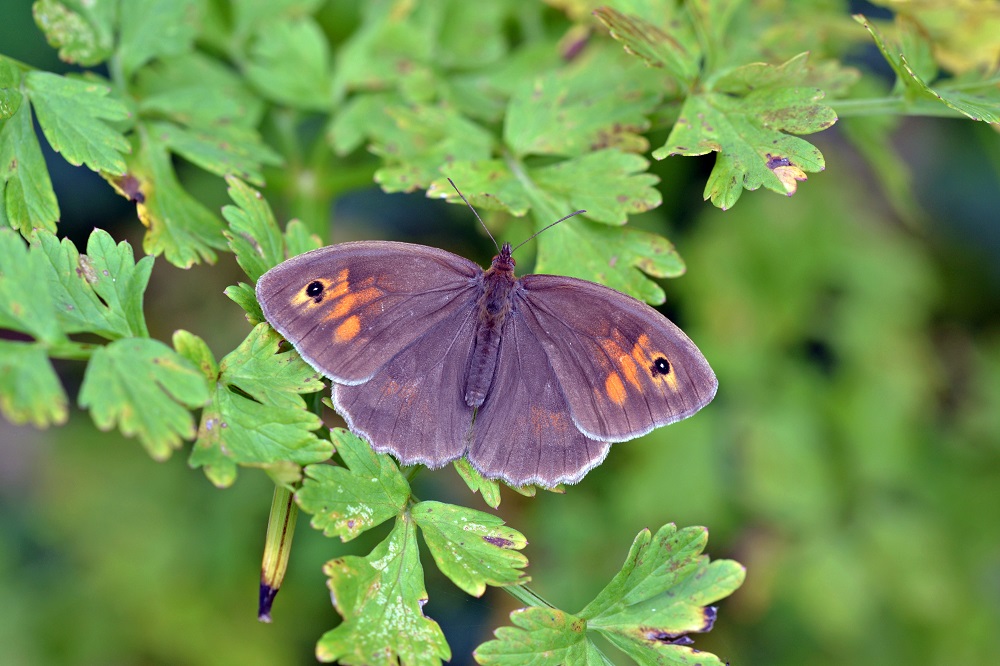
Dr Richard Fox concluded: “If every single person who helped with the Count this summer in Wales signs our letter to the Government, we could prevent the very real and pressing threat of species becoming extinct in our lifetime.”
To sign Butterfly Conservation’s letter to the Government asking them to declare a ‘Nature Emergency’ and ban butterfly-killing neonicotinoid pesticides visit: https://butterfly-
Signing closes on Sunday 13 October 2024.
Find out more about Butterfly Conservation here.
Support our Nation today
For the price of a cup of coffee a month you can help us create an independent, not-for-profit, national news service for the people of Wales, by the people of Wales.







The butterfly emergency doesn’t seem to extend to cabbage patch ones, as they spent the whole summer munching through my vegetable patch!
You have a point, at least from my perspective in our bit of Dyffryn Clwyd: there’s been no diminution at all of the numbers of ‘small white’ butterflies here this summer. They’re the variety which lay eggs on the underside of your brassica leaves, which soon hatch into small green chomping caterpillars. But numbers of every other species of butterfly appear to have been much reduced this last summer, when compared with previous years. Including the ‘large whites’ which produce yellow and black caterpillars – I’ve seen precisely none of those this year. But on the other hand we haven’t… Read more »
I haven’t seen a Small Tortoiseshell, Red Admiral or Peacock butterfly all year. Plenty of nettles for their caterpillars, very little arable farmland around where I live to use insecticides on. Phenology as an academic subject needs more resourcing. The acreages available for rewilding and habitat restoration are limited by the demands of humanity. Ecological Engineering as an academic subject needs more resourcing. The hedgerows our ancestors created as boundaries and enclosures have turned out to be a very successful example of ecological engineering with minimal land use.